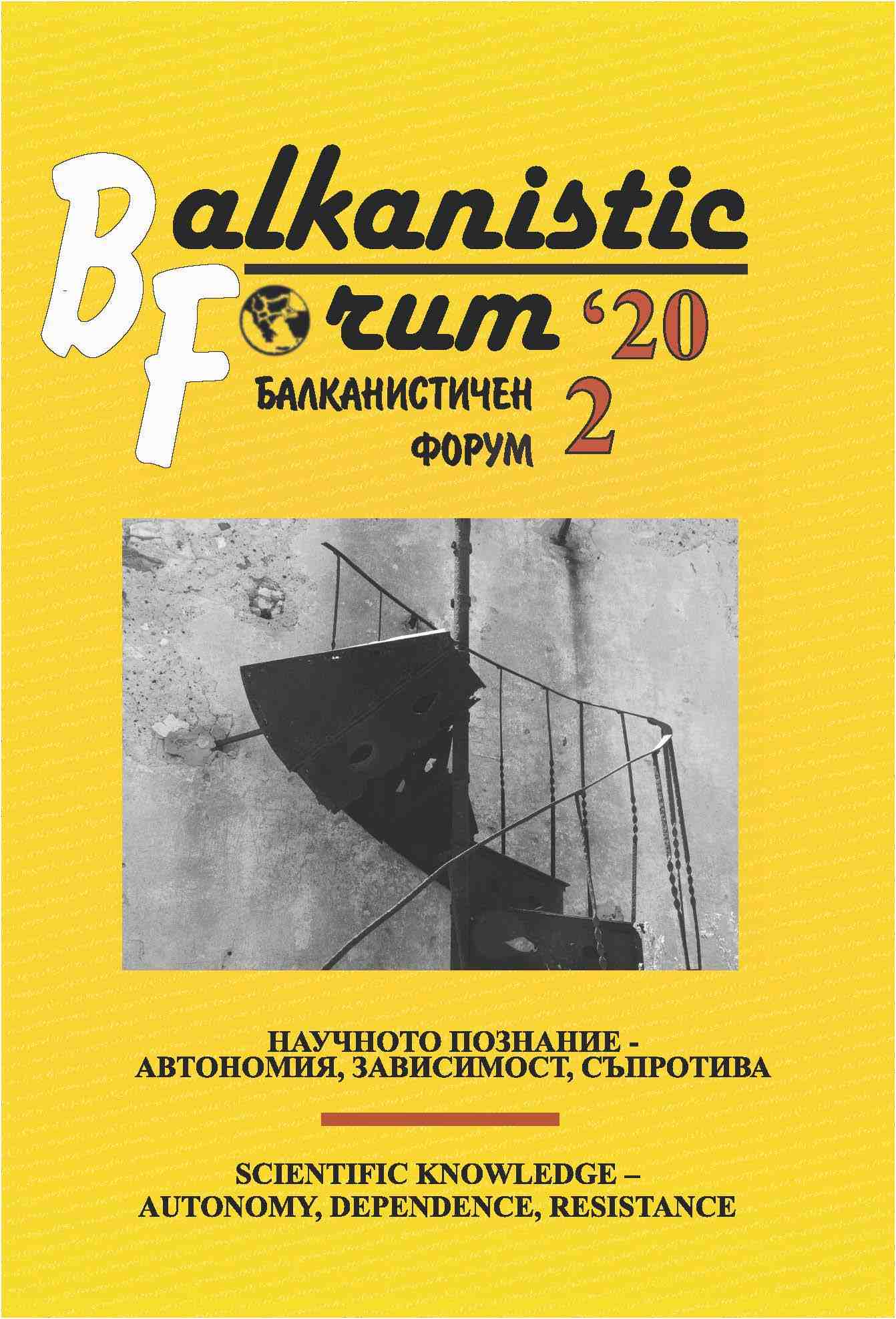The right to recall: conceptual framework, examples and the Bulgarian debate
The right to recall: conceptual framework, examples and the Bulgarian debate
Author(s): Daniela PastarmadzhievaSubject(s): Politics / Political Sciences, Social Sciences, Political Sciences, Sociology
Published by: ЮГОЗАПАДЕН УНИВЕРСИТЕТ »НЕОФИТ РИЛСКИ«
Keywords: parliament; MPs mandate; binding mandate; free mandate; right to recall
Summary/Abstract: Since the French revolution of 1789 people all over the world constantly try to have more influence on those who govern. The contemporary form of democracy – the representative one, provides various forms of participation of the citizens. The parliaments, which are the representative bodies, are formed under nationwide elections. Thus people form the legis-lative body of the state. Nevertheless, many citizens believe that besides the elections they need instruments to control the members of the parliament (MPs) after they are elected.In this sense, there are opinions in support of the so called binding (imperative) mandate. Nowadays this mandate is replaced by the free (representational) mandate, but the right to recall is still discussed and even implemented in some countries. Thus, the main aim of the current study is to identify the essential characteristics of the right to recall. Alongside, I attempted at providing examples of actual regulation of the concept in some countries. Furthermore, I tried to investigate the most recent debate in Bulgaria, regarding the right to recall. Thus, the object of the study is the concept of the right to recall and its practical implementation. The focus is a set of characteristics, namely defini-tion, level of regulation, grounds for recall, procedure and how it differs from other very similar categories.
Journal: Балканистичен Форум
- Issue Year: 2020
- Issue No: 2
- Page Range: 317-330
- Page Count: 14
- Language: English
- Content File-PDF

